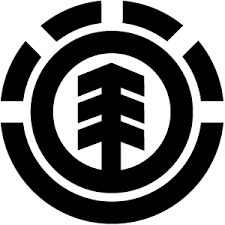element
英 [ˈel.ɪ.mənt]
美 [ˈel.ə.mənt]
- n. 元素;要素;原理;成分;自然环境
- n. (Element)人名;(德)埃勒门特;(英)埃利门特
使用频率:

中文词源
element 元素
来自elementum, 基础,基本。
英语词源
- element (n.)
- c. 1300, "earth, air, fire, or water; one of the four things regarded by the ancients as the constituents of all things," from Old French element (10c.), from Latin elementem "rudiment, first principle, matter in its most basic form" (translating Greek stoikheion), origin and original sense unknown. Meaning "simplest component of a complex substance" is late 14c. Modern sense in chemistry is from 1813, but is not essentially different from the ancient one. Meaning "proper or natural environment of anything" is from 1590s, from the old notion that each class of living beings had its natural abode in one of the four elements. Elements "atmospheric force" is 1550s.
权威例句
- 1. In order to make it safe, the element is electrically insulated.
- 为安全起见,该元件作了电绝缘处理。
- 2. There is an element of exhibitionism in the parents' performance too.
- 那对父母的表现也显得有些爱出风头。
- 3. With its unique heating element it makes perfect coffee.
- 其独特的电热元件使它能够煮出非常美味的咖啡。
- 4. You will probably notice an element of quirkiness in his behaviour.
- 你可能会发现他的行为有点怪异。
- 5. The chronological sequence gives the book an element of structure.
- 时间顺序让这本书有了一定的结构。
